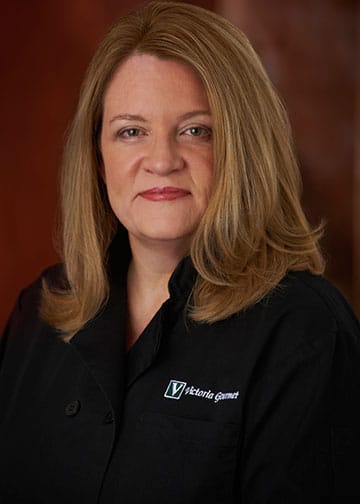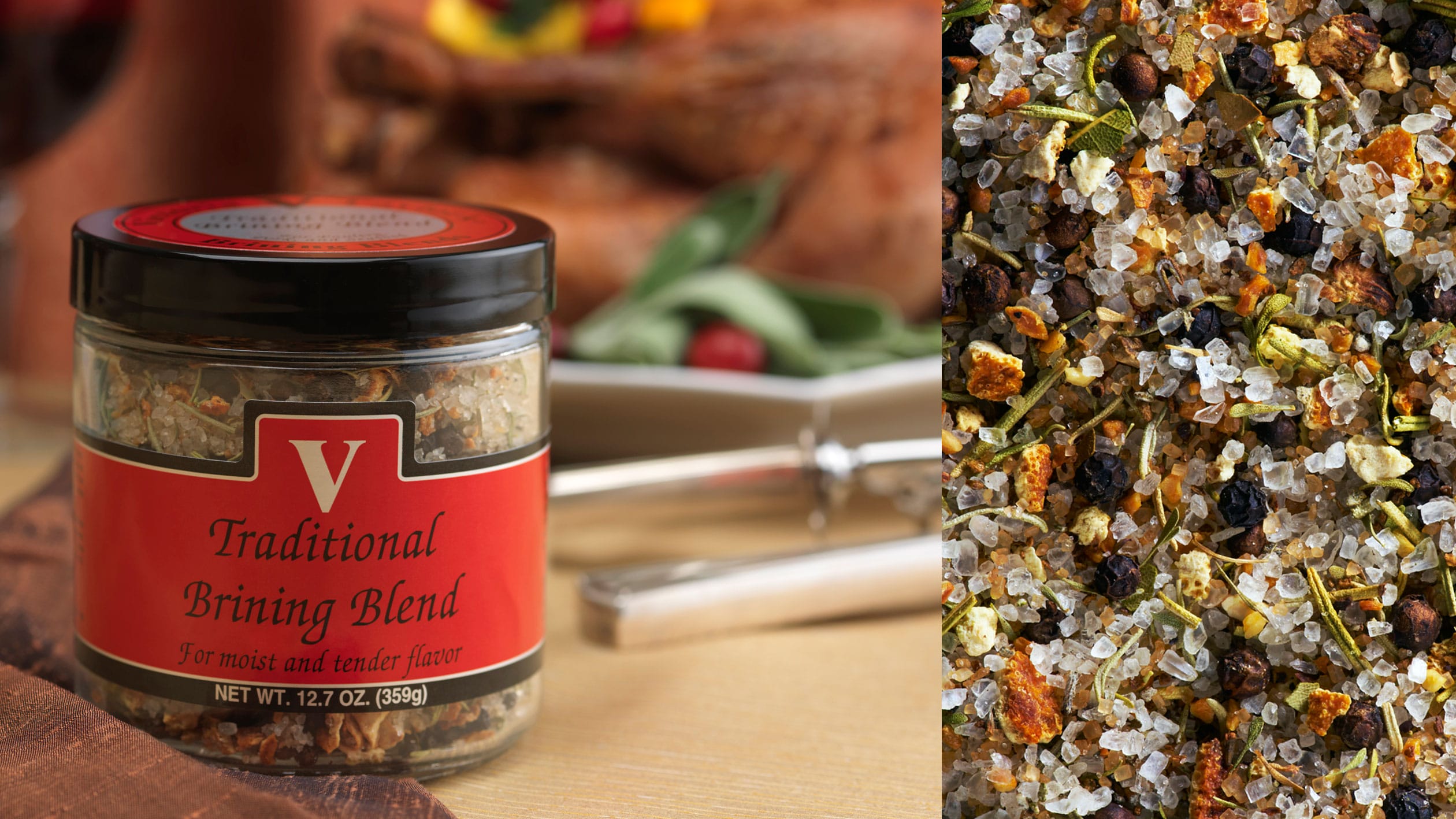Staying power. That’s the key phrase for entrepreneurs. Unicorns and deca-unicorns may be what wide-eyed students, business editors and investors like to hear about. Staying power, however, is the process by which most startups become viable, long-term businesses. Ask Victoria Taylor WG86 about her staying power and her company’s 18-year trajectory.
“It’s been brutal,” she will tell you.

Victoria Taylor
Especially those first handful of years when she experienced the “gut punch” realization she needed more money.
“It’s always going to cost more money to start a business … always,” she says. “It always takes more time.”
She has met too many entrepreneurs filled with adrenaline and enthusiasm in their early years, but when they need that additional funding, or they hit a recession, or they lose a key client or vendor, that adrenaline and enthusiasm many times dry up.
Her high-end spice and ingredient company Victoria Gourmet is closing out its second decade with more than $3 million in top-line revenue, 20 employees, and distribution in over 3,000 retailers and restaurant chains across North America. All the way through, however, Taylor has loved what she does. That is the No. 1 ingredient to her own staying power. Here are her other ingredients:
Ingredient 1: Passion and fun. She loves to cook and believes in “having the maximum amount of flavor at every opportunity.” And coming to work is a pleasure because employees are cooking and tasting on any given day, as well as simmering over innovative ways to market their wares.
Ingredient 2: Market knowledge. Every consumer category typically has a few big players who dominate, but not spices. It’s “insanely fragmented,” and consumers continue to demand and expect variety. It’s the perfect space for a small player to thrive.
Ingredient 3: Business savvy. She manages margin, not top-line growth. She calls it “a complete margin obsession.” She knows the sweet spots of her business where revenue will turn into profit, and she understands her true costs and how to price products to make the numbers work.
Ingredient 4: Mindset. “I never once considered the possibility of not succeeding,” she says.
Ingredient 5: Innovation. Taylor has led industry trends on a number of occasions. She offered a collection of four sea salts back in 2002 before sea salts appeared in every John and Jane Doe’s kitchen. In 2004, she was the first company to release brining blends.
Ingredient 6: Teamwork. “My business runs perfectly fine whether I am here or not,” she says. She credits “the Fates” for taking care of her in hiring, though we’ll assume she has other secret ingredients to ensuring she has the right team behind her.
Ingredient 7: Branding. “We all took it so seriously in school as its own discipline,” she recalls of branding. With her own brand to create, she went with a simple “V” and a font that spoke to her, and now she has an iconic brand that foodies know, recognize and search for.

The brining blends that started a trend.
We should probably add Taylor’s background as another ingredient. She knew the consumer and food segment well at the outset of Victoria Gourmet. Her first job out of Wharton was rolling out KC Masterpiece BBQ sauce for its new owner, Kingsford (Clorox). She moved on after two-and-a-half years to Welch’s to manage its bottled juice business for eight years. Then a small spice company in Rhode Island came up for sale, and she saw her opportunity. She didn’t end up buying it; instead, she launched her own. Taylor took nine months off to do product development and testing, wrote a business plan, and raised money from angel investors and family members.
Now nearly 18 years later, still powered by that knowledge and full of passion, Taylor met fellow Wharton alumna Stephanie Hessler WG89 through the Wharton Club of Boston. The spice innovator invited Hessler to visit her headquarters in Woburn, Massachusetts. Soon thereafter, Hessler sent a note to Wharton Magazine in response to our Wharton Effect campaign (still ongoing by the way!).
“As a reader of the Wharton Magazine, I’d love to see more stories about successful women entrepreneurs and especially those who are not recent graduates … who’ve been steadily building a business with staying power,” Hessler wrote. “Victoria is such an entrepreneur and a Wharton MBA. Wouldn’t it be fantastic to share her success story with other Wharton MBAs, and particularly alumnae?”
“Yes,” is our answer, and we hope for more success stories to share. Let us know if you have one.


























